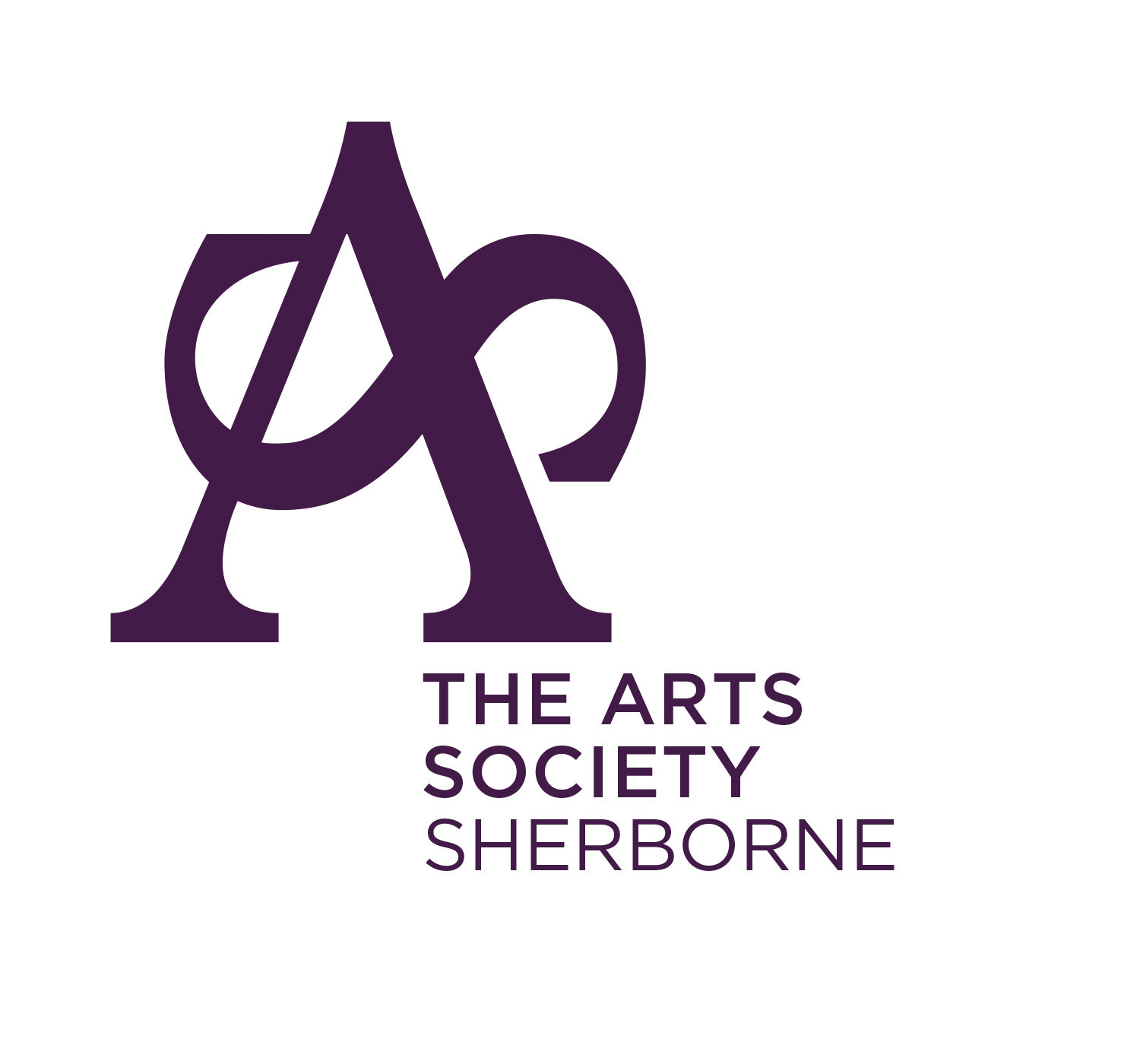Painting in Britain 1850-1914
Thursday 18 November 2021
Digby Hall, Hound Street, Sherborne
The study day of 3 lectures aims to give an account of the achievements and developments of painting in Britain from the Pre-Raphaelites to the First World War. It was a dynamic period with the Pre-Raphaelites, the square brush painters of Newlyn and Glasgow, the London Impressionists, the Camden Town School and Roger Fry’s explosive Post-Impressionist exhibitions in London in 1910-12. Some art historians see this period of British painting as backward looking and conventional. Hopefully this study day will change your views on this!

Presenter: Julian Halsby
Studied History of Art at Cambridge. Formerly Senior Lecturer and Head of Department at Croydon College of Art. Publications include Venice – the Artist’s Vision (1990, 1995), The Art of Diana Armfield RA (1995), Dictionary of Scottish Painters (1990, 1998, 2001, 4th edition 2010), A Hand to Obey the Demon’s Eye (2000), Scottish Watercolours 1740-1940 (1986, 1991), A Private View – David Wolfers and the New Grafton Gallery (2002). Interviews artists for the Artist Magazine and is a member of the International Association of Art Critics and The Critics Circle. A practising artist, he was elected to the Royal Society of British Artists in 1994 and appointed Keeper in 2010
Programme for the day
10:00 -10:15 Arrival and Greeting
Please take your seats in the Hall by 10:25
10:30 Lecture 1

The Pre-Raphaelites and the Aesthetic Movement
The Pre-Raphaelites were a group of very young and radical painters who were determined to break the stranglehold of academic art. They rejected the teachings of the Royal Academy and embraced new techniques such as painting in oils in the open air, 15 years before the Impressionists, and using the bright new chemical colours that were coming onto the market. They were wonderful story tellers and their images have remained in the public mind for nearly two centuries. While they did look back to medieval subjects, they also tackled important social issues such as prostitution, poverty, the workhouse and vagrancy.
11:30 Coffee break
11:45 Lecture 2

The Square Brush Movement and Social Realism
These artists lived and painted in colonies away from London which had for long dominated the art world. We find Stanhope Forbes, Frank Bramley and Walter Langley living amongst the fishermen and sailors in Newlyn, James Guthrie, E.A.Walton and other Glasgow Boys living and painting in the rural community of Cockburnspath, and in Hertfordshire George Clausen records the passing of the old agriculture where hard manual work is being replaced by machinery.
13:00 Luncheon
14:00 Lecture 3

Impressionism, Post-Impressionism and Modernism
In 1886 the New English Art Club was established to represent new French ideas, and John Singer Sargent brought Claude Monet’s paintings to London to show at the NEAC which became the centre of the avant garde.
Walter Sickert also had close links with France and gathered around him a group of young artists known as the London Impressionists, and was also instrumental in establishing the Camden Town Group of young artists deeply influenced by Impressionism and Post Impressionism. They included Spencer Gore, Harold Gilman, Robert Bevan and Charles Ginner.
Roger Fry, the great art critic and advocate of modern art, curated two major exhibitions 1910-1912 devoted to French Impressionism, Post-Impressionism and Modernism. For the first time British artists could see the work of Gauguin, Van Gogh, Matisse, Picasso and many others. The exhibitions shook the Art Establishment to its roots and took British art in a new direction as can be seen in the work of the Bloomsbury Group and the Vorticists.
15:00 Questions and Answers
15:30 approx Closure and departure
Book this Study Day
This Study Day is open to all at a charge of £ 30 for Members of The Arts Society Sherborne and £ 35 for non-Members (which includes members of other Arts Societies). Registration and payment in advance is required.
Please note that, as the lecturer will have been booked several months in advance, payments for our Study Days are non-refundable unless cancelled by us. A partial refund of the charge may, however, be agreed if a participant cancels before the numbers for catering are finalised about 2 weeks before the event.
